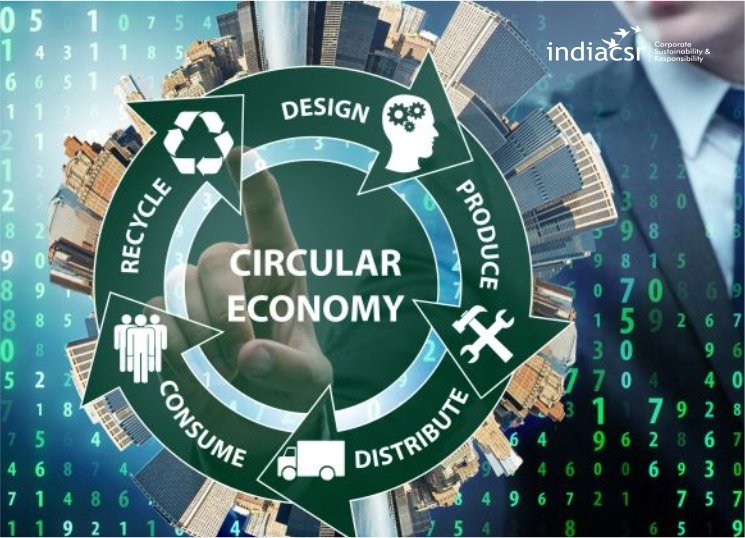This article highlights some of the key initiatives and allocations aimed at promoting sustainable development and addressing climate change, while also exploring the limitations in the budget for the MoEFCC.
By Kumod Kumar
The Union Budget 2023-24 has put the focus on sustainable development and a circular economy, with the Union Finance Minister Nirmala Sitharaman announcing new initiatives aimed at promoting a green industrial and economic transition. However, the Ministry of Environment, Forest and Climate Change (MoEFCC) did not receive a substantial increase in its budgetary grant.
The Union Budget 2023-24, presented by Union Finance Minister Nirmala Sitharaman, emphasizes sustainable development and a circular economy in India. Despite the country’s commitment to reducing its carbon footprint and achieving a net-zero carbon emission by 2070, the Ministry of Environment, Forest and Climate Change (MoEFCC) saw only a minor increase in its budget.
New Scheme for a Circular Economy: GOBARdhan
The Minister announced the creation of a new scheme called GOBARdhan with a budget of Rs 10,000 crore. The scheme aims to promote a circular economy by setting up 500 “waste-to-wealth” plants across the country, including 200 compressed biogas (CBG) plants and 300 community-based plants. The goal is to convert waste into valuable resources, reducing the country’s carbon footprint and promoting sustainability.

Mangrove Initiative for Shoreline Habitats & Tangible Incomes (MISHTI)
The government has taken up a new initiative to plant mangroves along the coastline and on salt pan lands. This initiative, known as the Mangrove Initiative for Shoreline Habitats & Tangible Incomes (MISHTI), aims to preserve and restore the mangrove ecosystem and provide livelihood opportunities for local communities.
Promoting Conservation Values: Amrit Dharohar
The government has announced a new scheme called Amrit Dharohar to promote the conservation of wetlands in the country. This scheme will be implemented over the next three years and will educate the public about the unique conservation values of wetlands and encourage their optimal use.
Coastal Shipping as Energy-Efficient Mode of Transport
The government intends to promote coastal shipping as a more energy-efficient mode of transport, both for passengers and freight. This will be achieved through the Public-Private Partnership (PPP) mode and with viability gap funding. Coastal shipping is considered a more environmentally friendly and cost-effective mode of transport, and its promotion aligns with the government’s goal of promoting sustainable development.
MoEFCC Budgetary Allocation
Despite the emphasis on sustainable development and the environment in the budget, the allocation to the Ministry of Environment, Forest and Climate Change (MoEFCC) increased by only 1.6% from the previous budget. The allocation to the flagship National Mission for Green India was reduced by 40%. The funds for the Green India Mission—National Afforestation Programme (GIM-NAP) will now be obtained from the sovereign green fund.
Conclusion
The Union Budget 2023-24 highlights the government’s commitment to sustainable development and a circular economy, with a focus on green growth. While new initiatives have been announced, the allocation to MoEFCC remains limited, reflecting the ongoing challenge in prioritizing environmental protection and conservation in India’s policy agenda.
About the Author

Kumod Kumar is the Chairperson of the Centre for CSR Studies at Chandragupt Institute of Management Patna (CIMP).
Views are personal.
CopyRight@IndiaCSR























